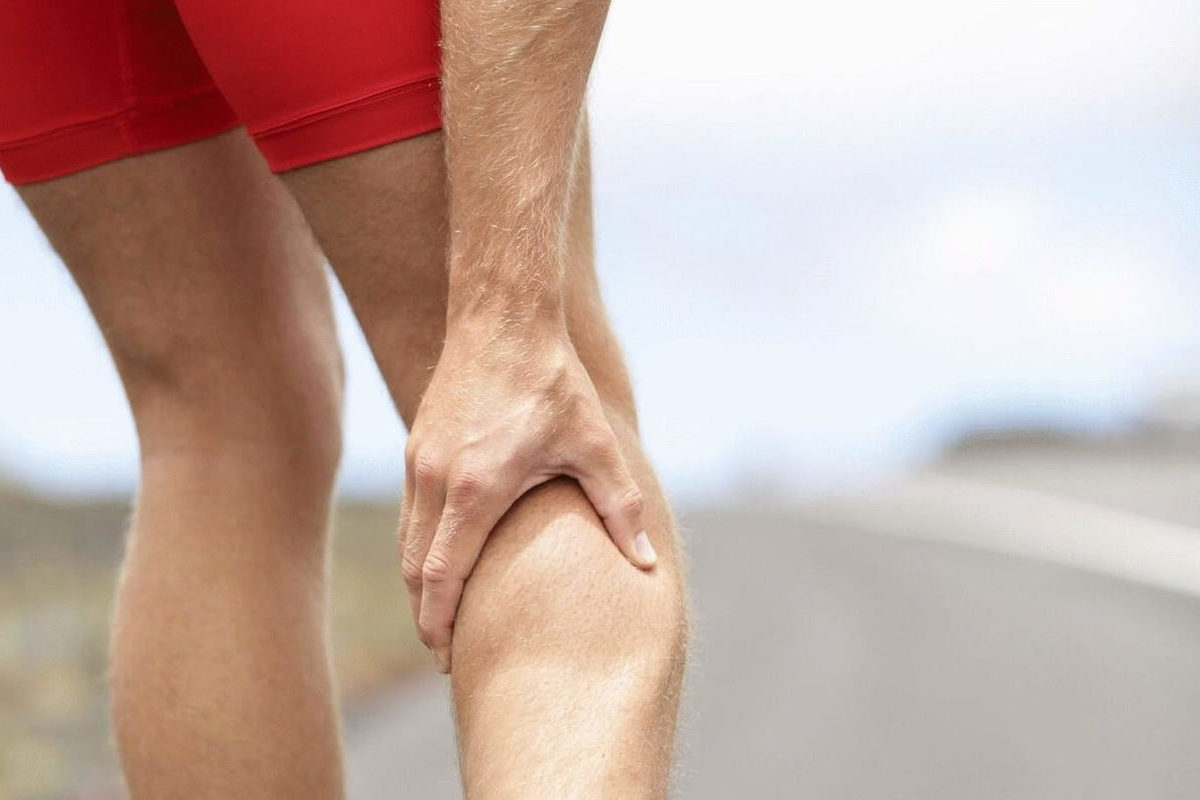The most common mistakes

What we often do wrong before and after a run, and why these “little things” cannot be ignored.
Here’s what you should not do before training.
Stretch
That is how many were taught in physical education classes, but this is not true. It is undesirable to start a workout with a static stretch – the muscles are not ready for such an impact and you can easily get injured. Especially dangerous is such a stretch in the morning, as soon as you wake up, when the joints are still inactive. How right? Untrained muscles need to be warmed up, so it will be more effective to conduct a dynamic warm-up. Perform warm-up exercises from top to bottom, kneading the neck, shoulder girdle, body, pelvic and limb muscles.
Eat a lot

Yes, this seems obvious, but overeating just before training is not worth it. Everyone has heard about the importance of carbohydrate loading for runners, but a plate of spaghetti with meatballs before going to workout is not the best choice. And here’s why: during the run, the digestive process slows down, the main blood flow is directed to the working muscles, the food cannot be digested normally. This causes gastrointestinal spasms, side pain and heaviness while jogging.
Eating “for the future” in the evening is also not necessary – except for the familiar feeling of heaviness, overeating at night will provoke a bad dream and a feeling of frustration in the morning. If you are a morning runner, then training for no longer than an hour can be done on an empty stomach – glycogen reserves are enough for a run. If you are planning a long mileage and / or intense work, you should consider a light, carbohydrate-rich breakfast. The optimal meal time is 1.5 – 2 hours before training.
Drink too little or, conversely, too much fluid
Any extremes are harmful. Much has been said about the danger of dehydration in runners, but drinking a liter of water before going out the door will soon make you feel like a big running barrel. Water is best consumed evenly throughout the day, avoiding high sugar drinks. A sharp increase in blood sugar, of course, will give a surge of energy, but it will be followed by an equally sharp and very unpleasant decline. Dehydration, in turn, is fraught with poor health, deterioration in training results and even heat stroke if it is hot overboard.
Consume Dangerous Foods
The black list is individual for everyone, but usually it includes fermented milk products, apples, strawberries, kiwi, plums and other foods with a high fiber content, legumes, as well as any fatty foods. To avoid stomach cramps and inconvenience, put off all these goodies until the jogging is complete. Some people get into trouble with such a familiar drink as coffee. It would seem that it will be from a small cup of delicious espresso, but after a couple of kilometers you have to look for strategic bushes. At the same time, caffeine has a positive effect on our endurance and is even considered legal “doping.”
P. S. Since we are all original in terms of digestion, the list of products that you personally shouldn’t eat before training will be replenished with experience and unpleasant cases in practice. And who promised it would be easy?
Don’t listen to your body

Our brain is known for its amazing ability to come up with excuses to skip workouts. And runners are known for their ability to find ways to fight laziness and brain resistance in order to go for a run. But sometimes in the desire to stay focused on doing more and better, we ignore the signals that the organism that needs to rest gives us. How to distinguish banal laziness from such signals? If after the first couple of kilometers you feel a surge of strength, better health and a desire to continue – everything is in order with the body. If you still feel overwhelmed and tired, it’s best to take a day off from running that day.
